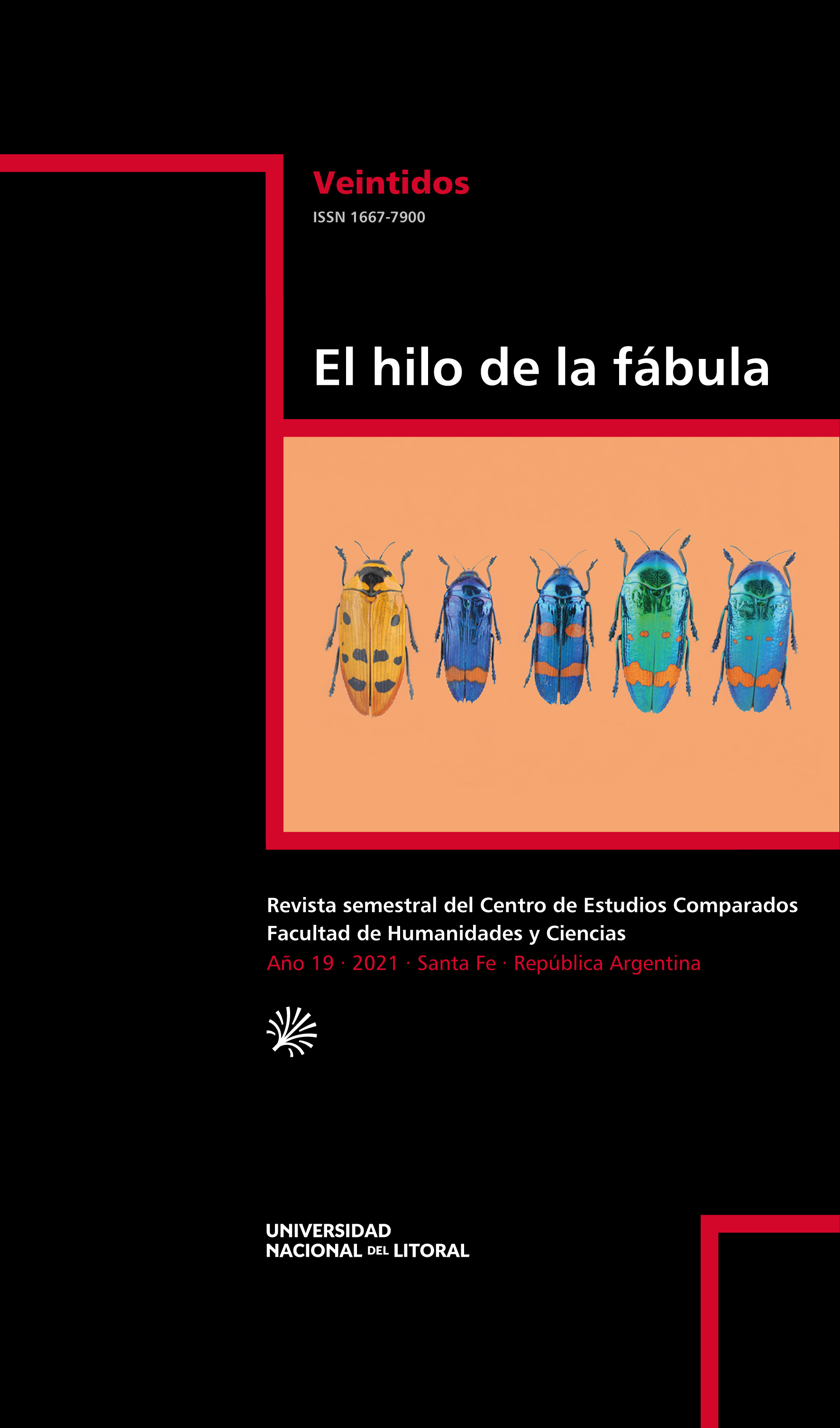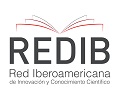Polifonía textual y recuperación de la tradición literaria en Donde no se ama de Marco Martos (1974)
DOI:
https://doi.org/10.14409/hf.19.22.e0002Keywords:
Marco Martos, sixties Peruvian poetry, textual polyphony, literary traditionAbstract
The main objective of this article is the analysis of the poetic «I» construction and of the literary tradition influences in the Peruvian author Marco Martos’s work (1942). Specifically, this research is focused on his book of poems Donde no se ama (1974), in which the third section, III. Los Cigarrales (Por Pavel Parodi), Martos drafts a sort/kind of polyphonic game in which the fluctuating lyric subject manages to include the poetic voice of writers such as César Vallejo, Ernesto Cardenal o Pedro Salinas. To that end, Martos will use typical resources from the conversational poetry from the 1960’s, such as irony, formal experimentation or dramatic monologue. Nevertheless, his interest in the precedent literature’s inclusion and reinterpretation will distinguish him from many of his contemporaries, and will also show that, even of the rupture, can emerge the tradition.












